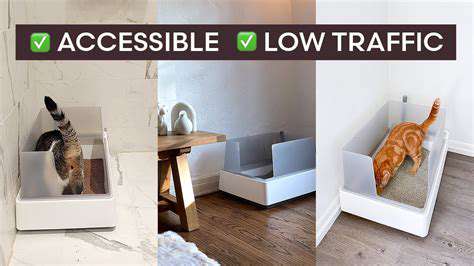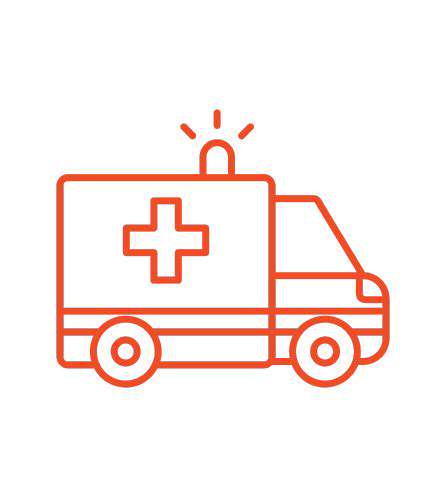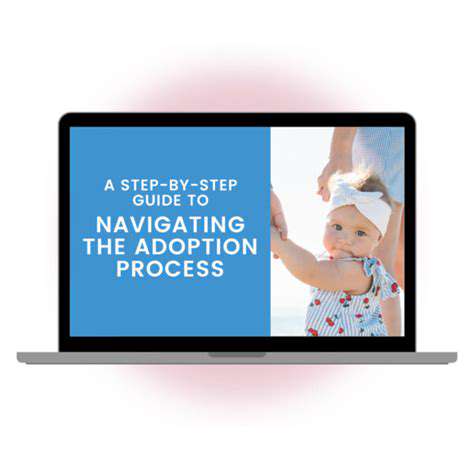Guide to Adopting a Pet with a Medical Condition
Evaluating Your Physical Capabilities
Pet care, especially for animals with health challenges, often requires physical labor—lifting, administering medication, or assisting with mobility. An unflinching assessment of your physical abilities is non-negotiable. Can you handle the demands without risking injury? If you have chronic conditions, consult your doctor to understand how caregiving might impact your health.
Remember: sacrificing your own health helps no one. Practical adaptations—like ramps for mobility-impaired pets or scheduled rest periods—can make all the difference.
Assessing Your Emotional and Mental Well-being
The emotional toll of caregiving is often underestimated. Watching a pet struggle with illness can trigger stress, grief, or helplessness. Building a toolkit of coping strategies isn’t optional—it’s essential. This might mean joining a pet caregiver support group or scheduling regular mental health breaks.
Self-care isn’t selfish; it’s strategic. Whether it’s a daily walk or quiet time with a book, these moments recharge your capacity to give. Neglect your own needs, and the quality of care you provide will inevitably suffer.
Considering Your Financial Resources
Medical pet care comes with costs—vet visits, medications, special diets, and potentially home modifications. Create a detailed budget that accounts for these expenses without jeopardizing your financial security. Research pet insurance options or nonprofit organizations that assist with veterinary costs.
Proactive financial planning prevents crises later. Unexpected expenses are inevitable, so building a contingency fund should be a priority.
Exploring Available Support Systems
No caregiver is an island. Identify your support network: friends who can pet-sit, family members who can share responsibilities, or professional pet caregivers for respite care. Tapping into these resources isn’t admitting defeat—it’s practicing smart caregiving.
Online communities for pet owners facing similar challenges can be invaluable. Shared experiences reduce isolation and often provide practical solutions you might not have considered.
Understanding the Long-Term Commitment
Caring for a pet with ongoing medical needs is a marathon, not a sprint. Conditions may progress, requiring adjustments to care routines. This journey demands flexibility—what works today may need revision tomorrow.
Regular check-ins with yourself are crucial. Are you still able to provide quality care without compromising your own health? Sometimes, the most loving choice involves recognizing when additional support—or even rehoming—becomes necessary.
Exploring Adoption Resources for Pets with Medical Conditions

Finding Support During the Adoption Process
Adopting a pet with special needs requires specialized knowledge. Partnering with rescue organizations that specialize in medical cases transforms an overwhelming process into a guided journey. These groups often provide post-adoption support, connecting you with veterinarians experienced in your pet’s condition.
Don’t underestimate the power of community. Online forums for owners of pets with similar conditions offer real-world advice that vet offices might not provide.
Essential Resources for Adoptive Pet Parents
Knowledge is power when managing a pet’s chronic condition. Request complete medical records and seek second opinions if needed. Understanding the full scope of your pet’s health outlook prevents surprises down the road.
Many veterinary schools run low-cost clinics, and some pharmaceutical companies offer assistance programs for expensive medications. These financial resources often make the difference between manageable care and heartbreaking choices.
Invest time in learning about your pet’s specific condition—reputable websites like veterinary college portals or recognized animal health organizations provide reliable information. Avoid anecdotal advice that might contradict professional recommendations.
While considering pet care, don’t neglect your own health—left side pain could indicate musculoskeletal issues from lifting or bending during caregiving. Proper body mechanics protect both you and your pet during daily care routines. Simple adjustments like elevating food bowls or using assistive devices can prevent strain.
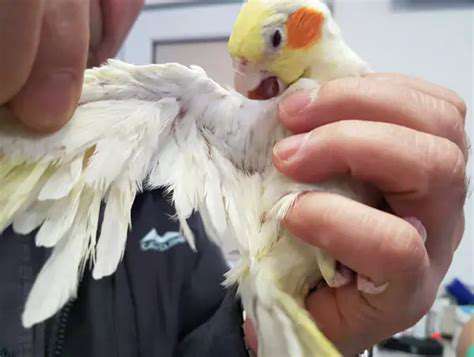
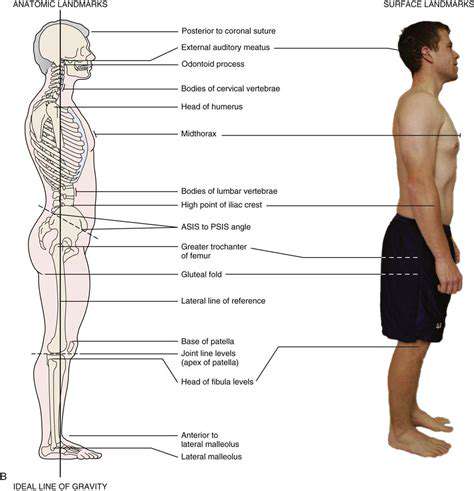

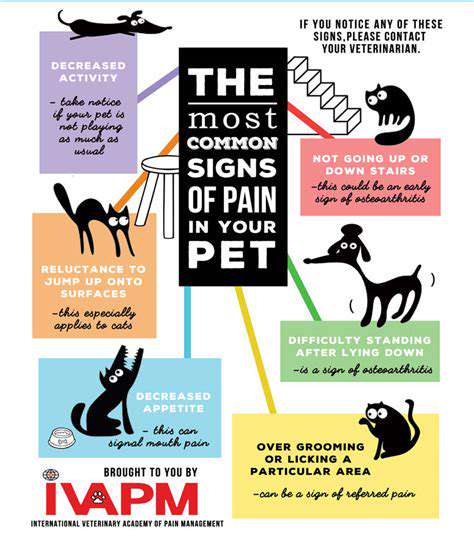
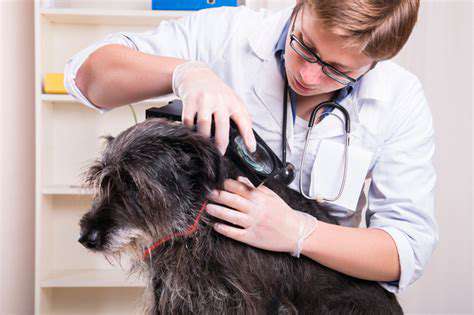

![Best Pet Strollers [For Seniors or Injured Pets]](/static/images/33/2025-05/ImportantConsiderationsBeforePurchase.jpg)
